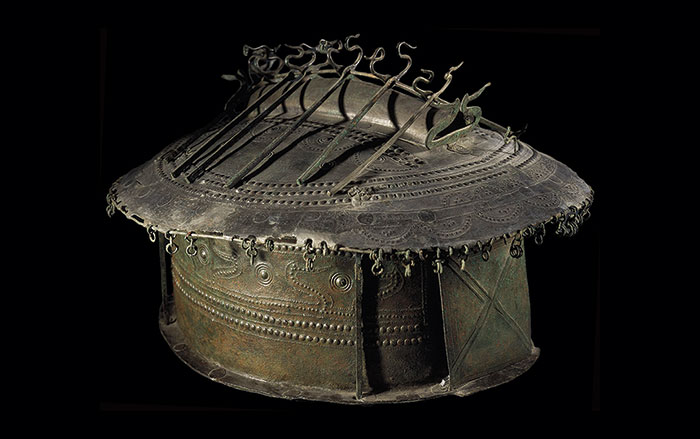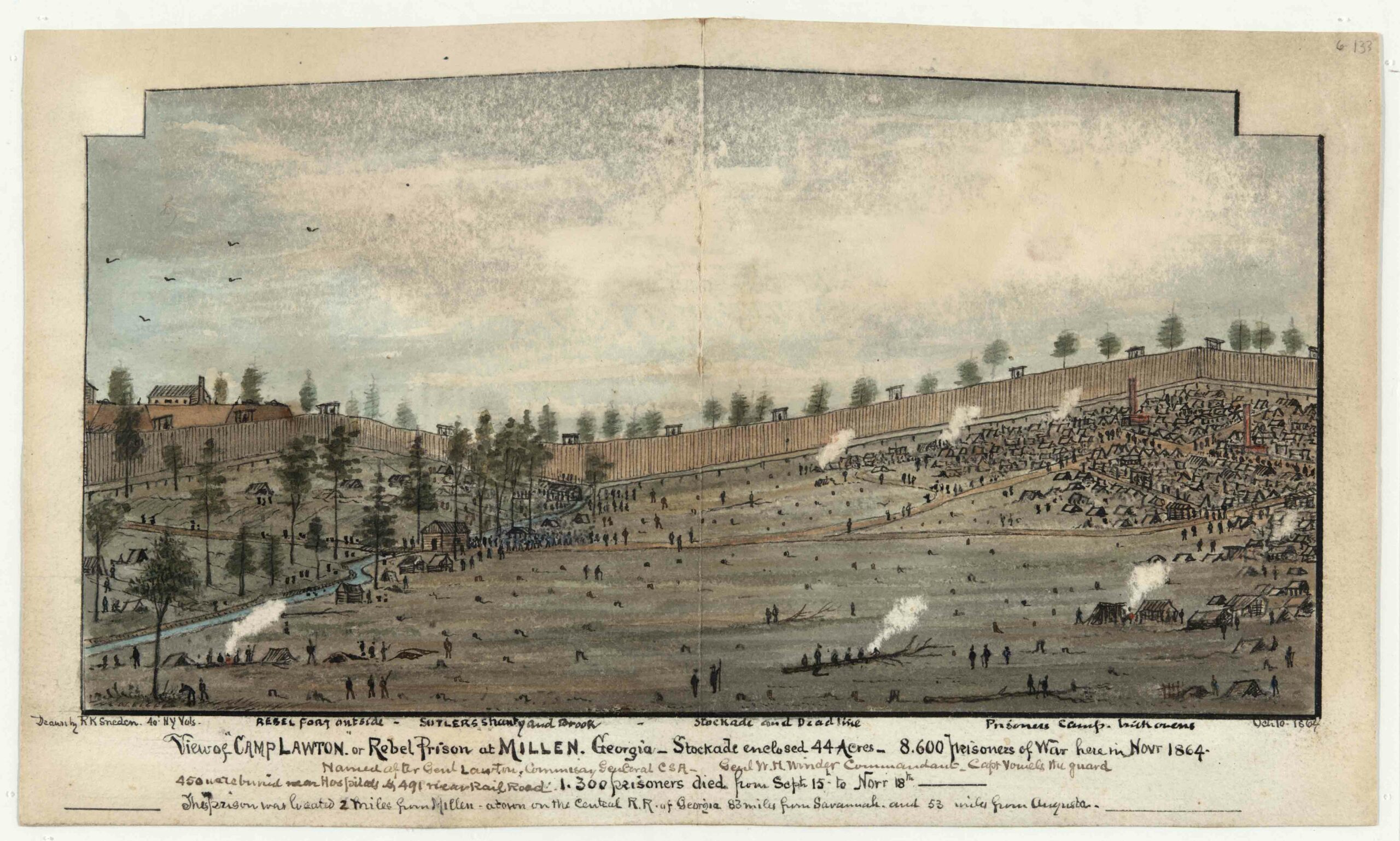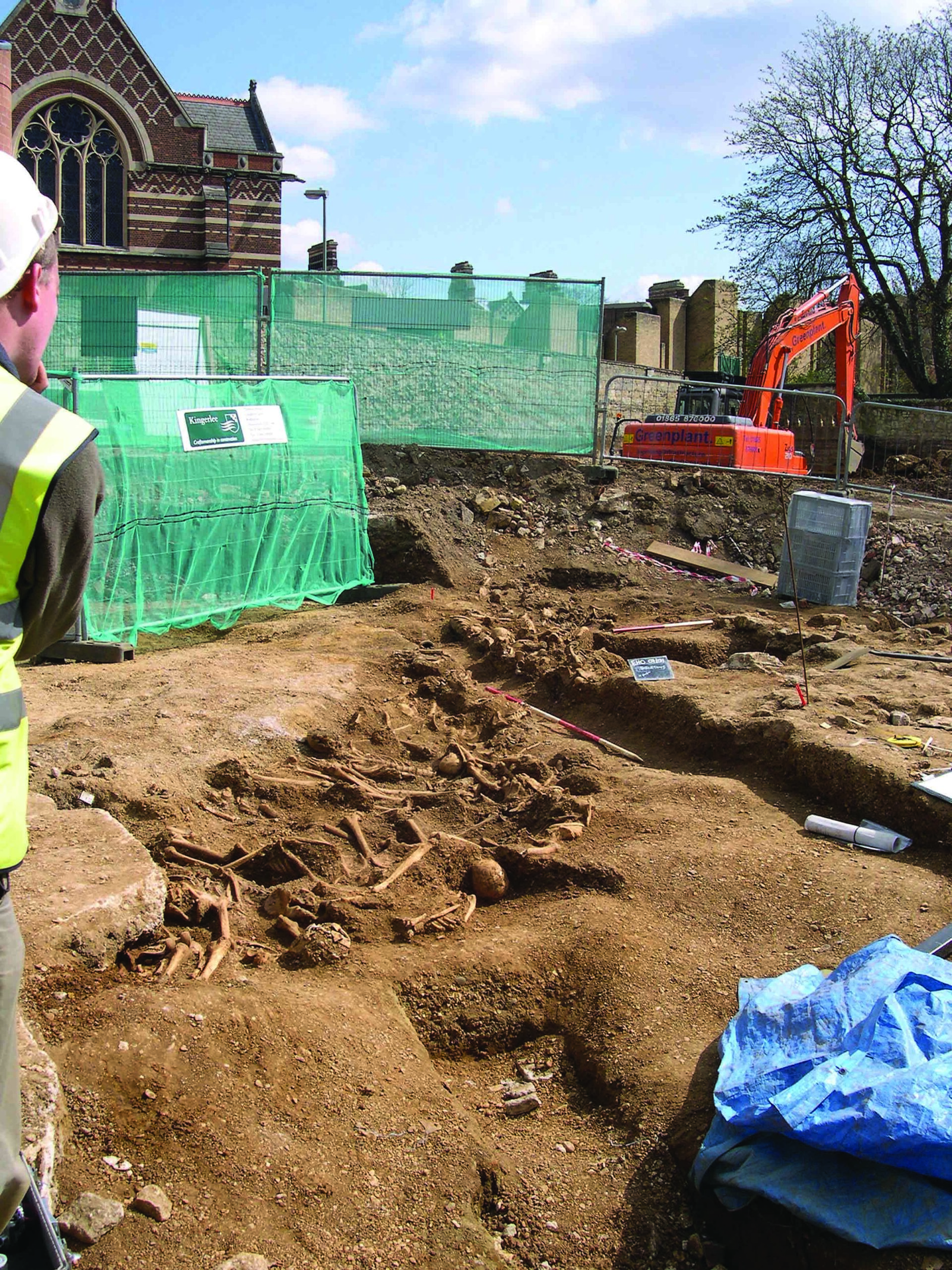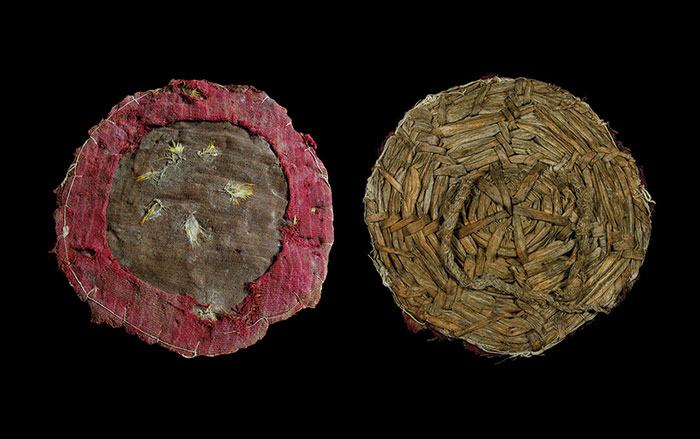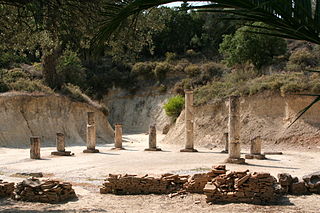
NEMEA, GREECE—Retired archaeologist Stephen Miller has suggested that the government of Greece allow private companies develop the country’s underdeveloped archaeological sites in exchange for a share of the revenue generated by the tourists. The budget of the Ministry of Culture has been cut by 52 percent since 2010, resulting in fewer guards and services at vulnerable archaeological sites. Under the plan, all sites and artifacts would remain the property of the Greek government. “The Ministry of Culture does some things very well: it does conservation work extremely well, they are very good at setting up exhibitions. They are lousy businessmen,” said Miller, who excavated at the ancient city of Nemea for 40 years. Those opposed to the idea are concerned that less expensive, underqualified individuals could end up in charge of excavations and site interpretation. “Archaeological sites and the country’s monuments belong to the whole of society. The protection, promotion and management of these sites is the duty of the state, as stipulated in the Constitution and laws of this country,” reads a response from The Association of Greek Archaeologists.





